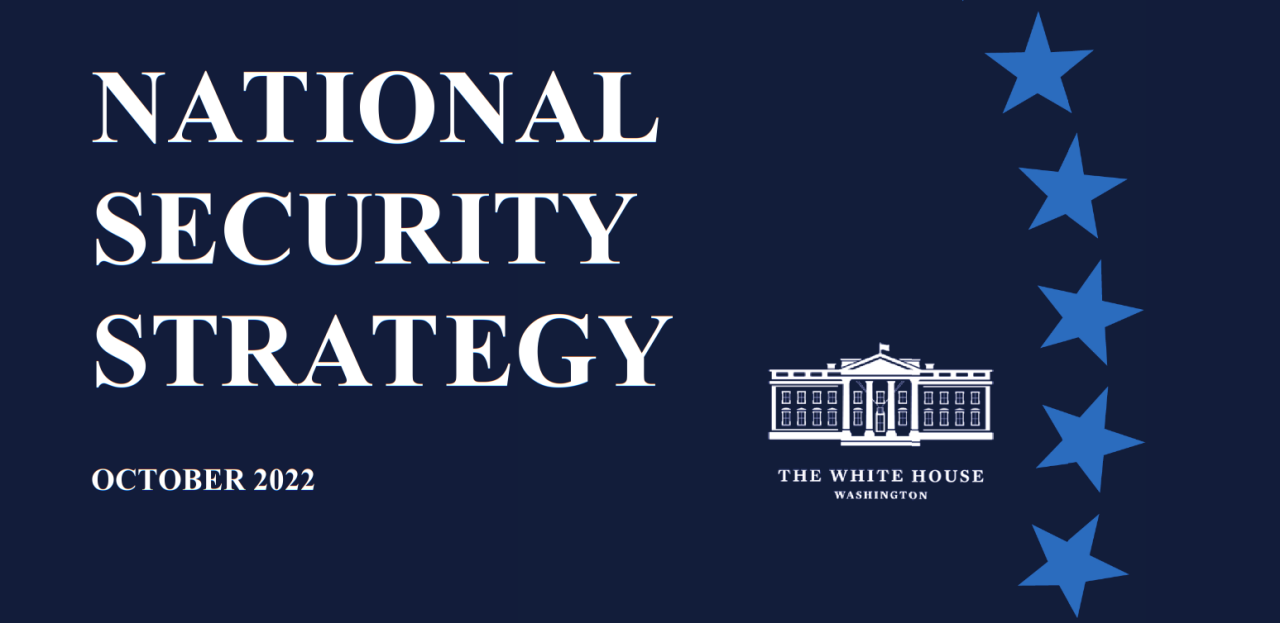Strategy should be a SatNav, not a compass

We all understand the importance of strategy. Every company needs a destination and route, rather than just a direction of travel, otherwise we risk finding ourselves down a dead-end or off a cliff edge. But like my smart Sat Nav, strategy needs to adapt when circumstances change. My Sat Nav monitors the traffic, warns me of accidents ahead and lets me know when a better route becomes available. Company strategy needs to do the same, as a live process that constantly looks ahead for opportunities as well as road-blocks.
Following our Management Buy Out at my previous employer (Permali Gloucester), two big advantages we gained from no longer being stifled as a small part of a large conglomerate were the ability to be flexible and respond quickly, and to increase spending and resources for R&D. This allowed us to better exploit new opportunities and win substantial additional business. Some of the best opportunities were not forecasted and appeared from nowhere following some unexpected event or even disaster, and those successes were less down to my amazing strategic foresight and more due to our new ability to turn the company on a sixpence (or dime, for American readers) when the situation demanded. It takes decisiveness and sometimes courage to abandon plans only a few weeks or months old, but the payoff can be substantial.
One example that I am particularly proud of was our response to the 9/11 terrorist atrocity which suddenly created a new requirement to reinforce and armour aircraft cockpit doors. Permali had a bullet-proof cockpit door upgrade actually flying on Virgin Atlantic aircraft a mere 7 weeks after the event, something we were able to achieve by combining our knowledge of ballistic protection and fire-safe composites, leveraging our established contacts in the aerospace world, but most importantly by quickly making the decision to throw resources into the project. We went on to support the upgrade of thousands of aircraft.
Anyone who has held a senior management position will have had those “can’t see the wood for the trees” moments and it can be very helpful to have fresh eyes looking at your strategic plans and operations. That can come from a number of sources - new employees at all levels should feel empowered to ask questions and make suggestions, and non-Executive Directors should be on hand to give independent and constructive advice to the Board. There can be a place for outside Consultants too, but never forget that as a time-served senior manager or Director nobody knows your company better than you. Only you have access to all the pieces of the jigsaw, but sometimes some of those pieces are still rattling around in the box and you need help to assemble the full picture.




